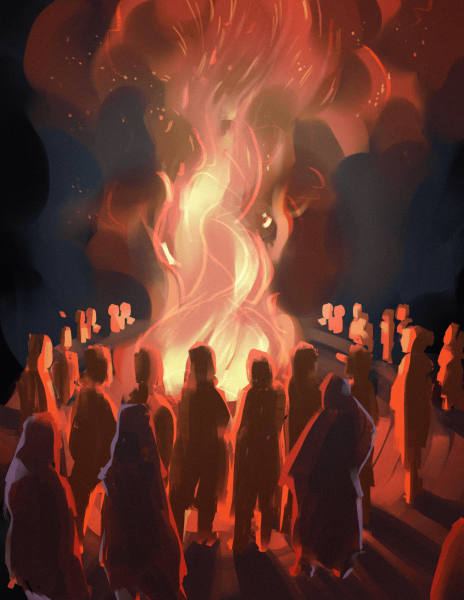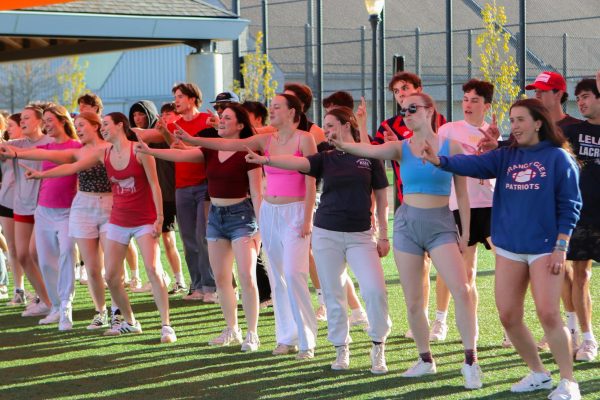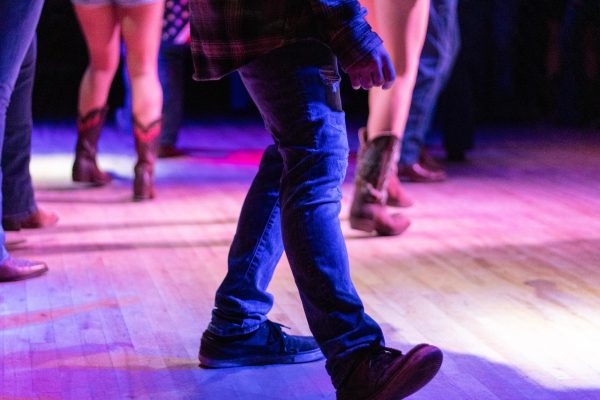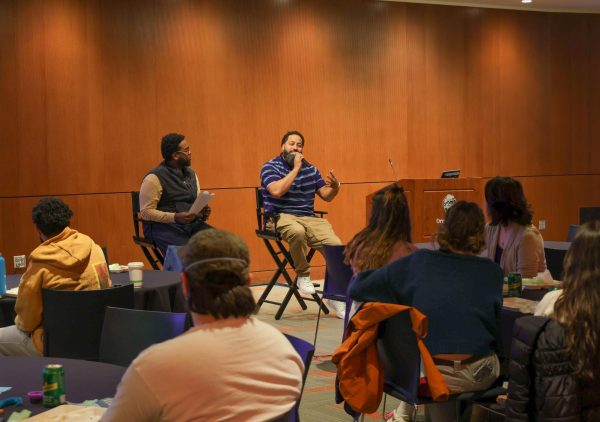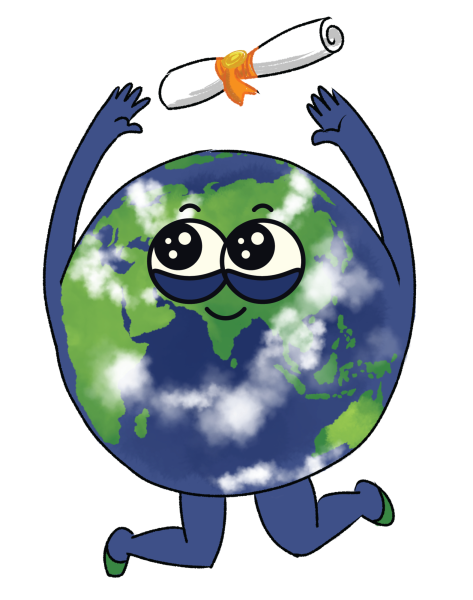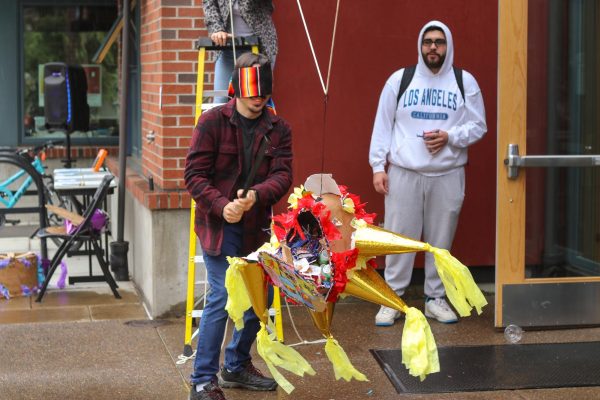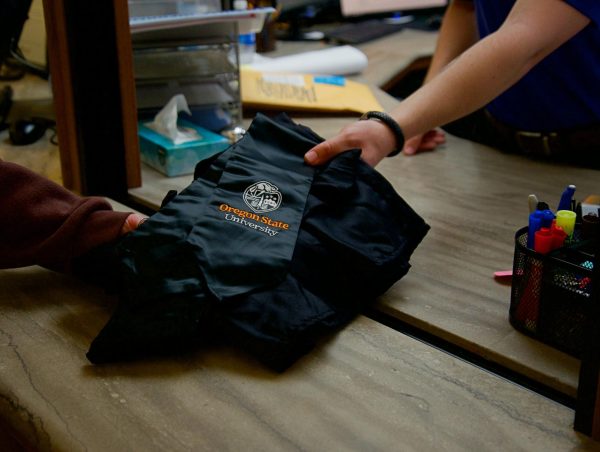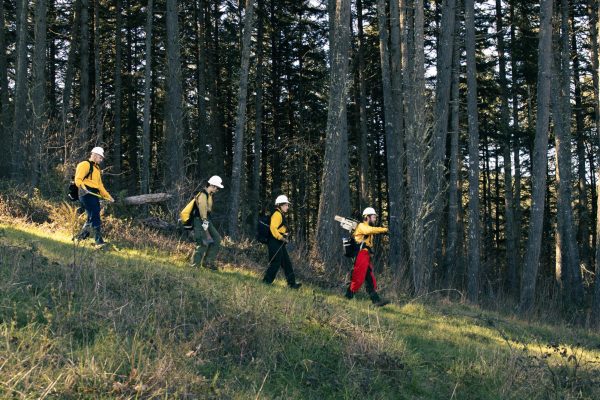Looking at the Long-Term Effects of the COVID-19 Pandemic
November 11, 2020
Since the start of the COVID-19 pandemic, the total number of cases throughout the country has exceeded over nine million. Without a doubt, the pandemic has had a resounding impact on our lives.
The way we socialize is different and the access we have to opportunities has also shifted. But what about the long term effects of COVID-19 and its impact on mental health in our community?
Through an interview I did with Dr. David Kerr, a Clinical Psychologist and professor here at OSU, I was able to investigate further into this topic.
Stress and Mental Disorder
As students, we experience stress in our academic, social and personal lives. It doesn’t help much when we have to alter our way of life due to a global pandemic. Dr.Kerr points out that, “Without a doubt, the pandemic is a stressor and increases anxiety that is legitimate for just about anyone.”
This is particularly true for those with mental disorders like anxiety or depression. Dr.Kerr explains that those who have a disorder can be more sensitive to stressors that come up in their lives. One of the reasons being how individuals interpret stressful events or situations. A more negative interpretation will often lead to increased levels of stress.
As a student, the switch from traditional to online classes can also be stressful for many. However, it can be a mixed bag. “If you talk to any teacher, you’ll know that some people are able to participate more fully than when they were in person. So there are some people that are thriving in certain parts of their life in this period,” explained Dr. Kerr.
On the other hand, this time period can also form a rationale that stops people from confronting their anxieties, which makes room for avoidance. In the Abnormal Psychology class that is taught by Dr.Kerr, the topic of avoidance is a universal problem for many people with anxiety disorders.
As Dr.Kerr explained to me, “If you are already anxious about meeting other people, this would be the time to say well it’s not really possible so I’m not going to push myself. Avoiding the things we are afraid of, does not help us overcome it.”
Of course, socializing with people during this time can be more difficult and neglecting certain things can be justified due safety concerns. However, it also means that we should do everything we can according to the circumstances and not use it as an excuse to be dormant and avoid responsibilities.
Changes in Socialization and Substance Use
One of the main aspects of college life is socialization. We meet new people not only to network and progress our careers but also to destress and have fun. With the onslaught of the pandemic, the way we socialize and spend time together as college students has shifted substantially. The question is, how are people coping and socializing now? And, how has the pandemic impacted how people use substances?
I was also able to explore this topic with Dr.Kerr who studies substance use and abuse in college students.
We all know OSU has a party and drinking culture. In many cases, drinking is usually done within a social context, where the goal is to have fun. According to Dr.Kerr, “People use alcohol to generate positive emotions, which is not the same as reducing negative emotions.”
This means that alcohol is used to make events and experiences more enjoyable, whether it be watching a movie, playing games or just hanging out. But with the quarantine and social distancing rules in place, large gatherings are indeed unsafe and irresponsible.
Excessive alcohol use in these circumstances can come at cost when trying to contain the COVID-19 virus. Dr.Kerr explains that “Alcohol and other drugs are disinhibiting. One of the things they disinhibit is risk-avoidance, like wearing a mask or standing 6-feet back from someone.”
So although alcohol can make people more sociable and gatherings more fun, it can impair judgment and make for risky situations.
In addition, those who already drink excessively or have a substance abuse problem may face elevated challenges. As stated earlier, the pandemic is a stressful and scary time with more than 14 million people becoming unemployed as reported by Pewresearch.org.
Many people have also lost loved ones and had their properties foreclosed or shut down due to overwhelming expenses. All of these stresses create grounds for substance use. To reduce these anxieties and concerns, people may use alcohol as a coping strategy. This can result in the development of substance disorders that may not have existed if the pandemic had not taken place.
Resolution and Unity
This is an unprecedented time where we must deal with one uncertainty after the other. In the span of a few months, the way in which we communicated, ate with each other and learned, was flipped upside down. So how can we confront this upheaval as a community?
In comparison to the Spanish Flu pandemic of 1918, we have advanced technology and Twitter. We are able to reach out and communicate with each other with the swipe of a finger and actively engage in our communities from great distances. The internet has also allowed us to meet mental health concerns remotely and learn on a mass scale never seen before in history.
The terrain is indeed rough and uneven. But with the progression in technology and the understanding we have now, the only thing we need is unity and the resolve to confront the challenges that are inevitable near.



